Results
-
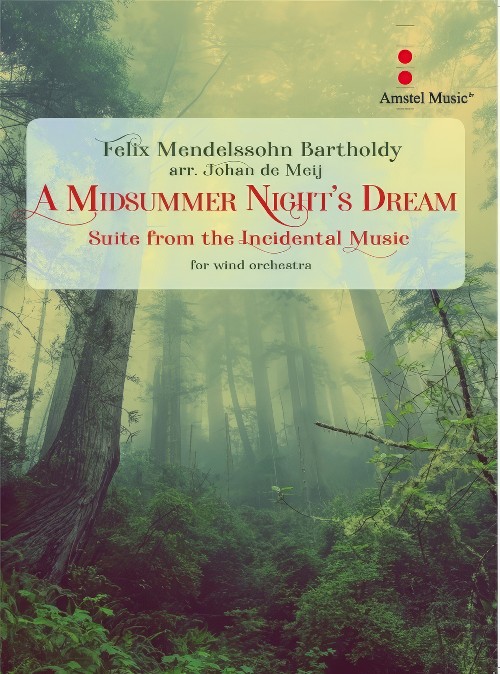 £156.00
£156.00A Midsummer Night's Dream (Concert Band - Score and Parts) - Mendelssohn, Felix - De Meij, Johan
Suite from the Incidental Music. Felix Mendelssohn Bartholdy (1809 - 1847) composed the music for William Shakespeare's play A Midsummer Night's Dream at two different times. In 1826, at the age of 16, he wrote a concert overture (Op. 21). Sixteen years later, in 1842, he composed the incidental music (opus 61) for King Frederick William IV of Prussia, in which he incorporated the existing overture. The overture premiered in Stettin (then in Prussia, now Szczecin, Poland) on February 20, 1827, conducted by Carl Loewe. Mendelssohn had to travel 80 miles through a raging snowstorm to get to the concert, which became his first public appearance. The first British performance of the overture was conducted by Mendelssohn himself on June 24, 1829, at the Argyll Rooms in London. After the concert, Thomas Attwood was given the score of the overture for safekeeping, but left it in a taxi and was never found. Mendelssohn later rewrote the overture entirely from memory.Duration: 14.45
Estimated dispatch 7-14 working days
-
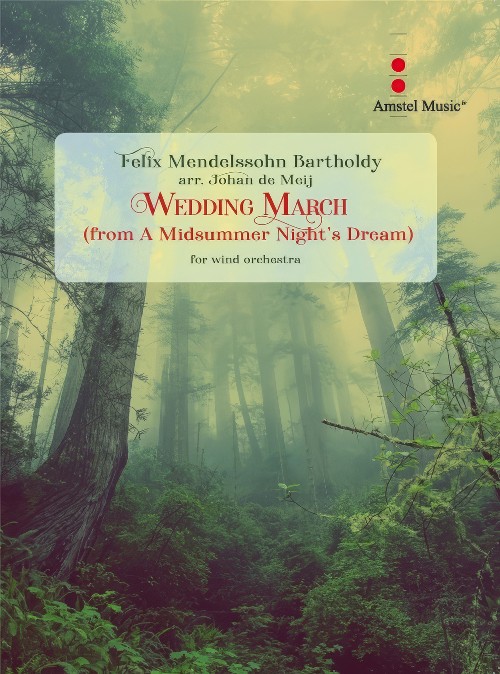 £68.00
£68.00Wedding March (from A Midsummer Night's Dream) (Concert Band - Score and Parts) - Mendelssohn, Felix - De Meij, Johan
Felix Mendelssohn Bartholdy (1809 - 1847) composed the music for William Shakespeare's play A Midsummer Night's Dream at two different times. In 1826, at the age of 16, he wrote a concert overture (Op. 21). Sixteen years later, in 1842, he composed the incidental music (opus 61) for King Frederick William IV of Prussia, in which he incorporated the existing overture. The overture premiered in Stettin (then in Prussia, now Szczecin, Poland) on February 20, 1827, conducted by Carl Loewe. Mendelssohn had to travel 80 miles through a raging snowstorm to get to the concert, which became his first public appearance. The interlude between the 4th and 5th acts of the incidental music is the famous Wedding March, Mendelssohn's most popular and most performed work. Duration: 4.30
Estimated dispatch 7-14 working days
-
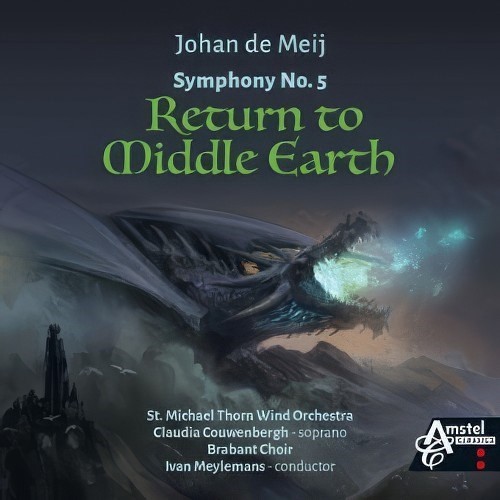 £13.95
£13.95Symphony No.5, Return to Middle Earth (Concert Band CD) - De Meij, Johan
Includes: Miri na F?anor (Jewels of Feanor); Tinuviel (Nightingale); Ancalagon i-mor (Ancalagon the Black); Arwen Undomiel (Evenstar); Dagor Delothrin (The War of Wrath); Thuringwethil (Woman of Secret Shadow).
Estimated dispatch 7-14 working days
-
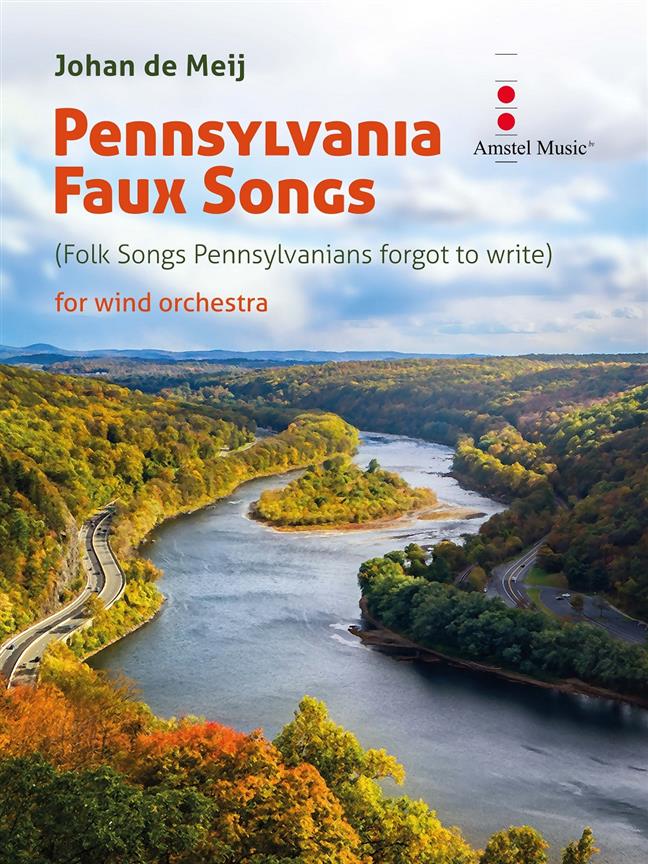 £143.00
£143.00Pennsylvania Faux Songs (Concert Band - Score and Parts) - De Meij, Johan
Folk Songs Pennsylvanians forgot to writeDuration: 12.30
Estimated dispatch 7-14 working days
-
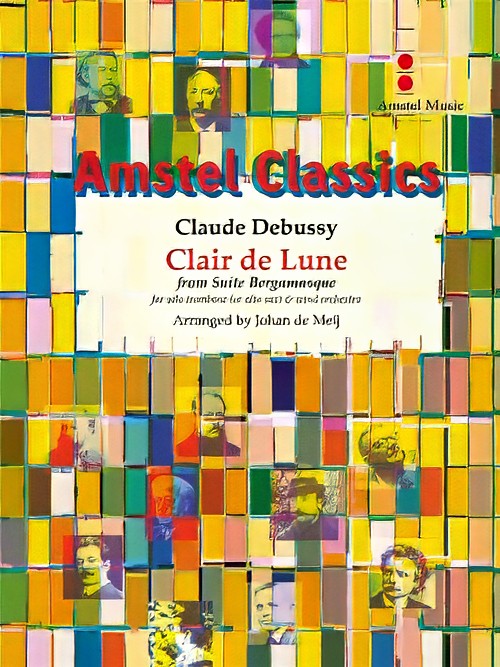 £80.00
£80.00Clair de Lune (from Suite Bergamasque) (Trombone or Alto Saxophone Solo with Concert Band - Score and Parts) - Debussy, Claude - De Meij, Johan
Clair de Lune was originally written for piano, as the 3rd movement of the Suite Bergamasque by French composer Claude Debussy. This arrangement for trombone and wind orchestra was written at the request of Joe Alessi, principal trombone of the New York Philharmonic and internationally renowned soloist. There is an alternative solo part included for alto saxophone.
Estimated dispatch 7-14 working days
-
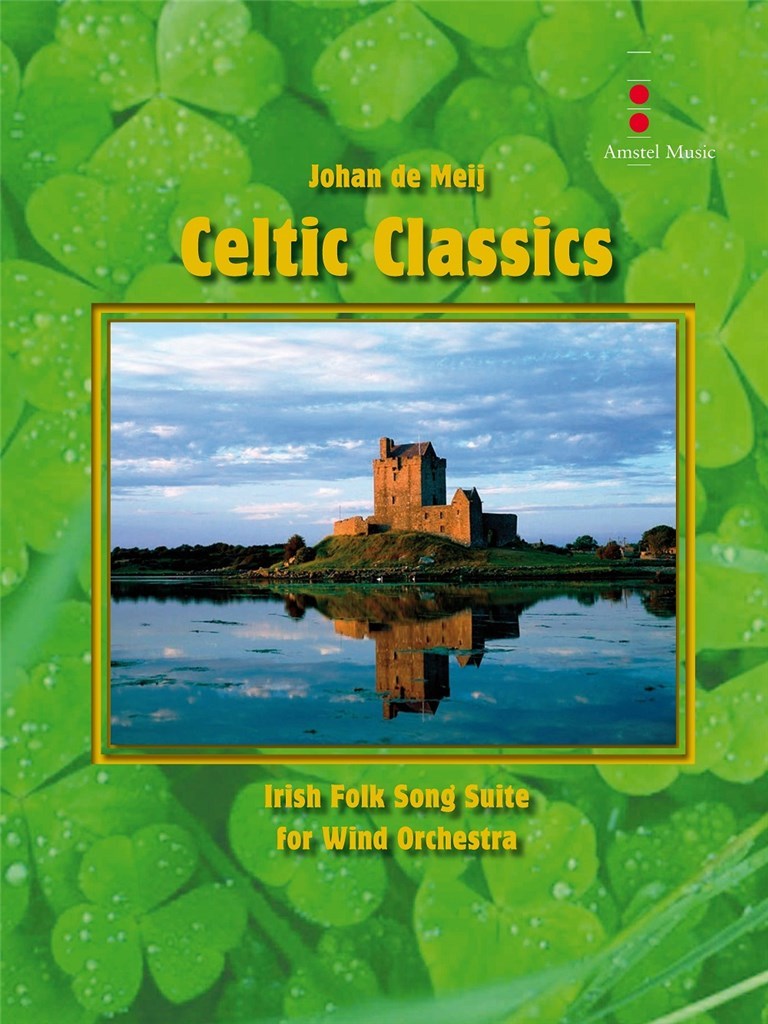 £110.00
£110.00Celtic Classics (Concert Band - Score and Parts) - De Meij, Johan
Irish Folk Song Suite. Another exciting folk song suite based on traditional Irish songs, from the sequel of Johan de Meij's successful At Kitty O'Shea's and Songs from the Catskills. Duration: 6.45
Estimated dispatch 7-14 working days
-
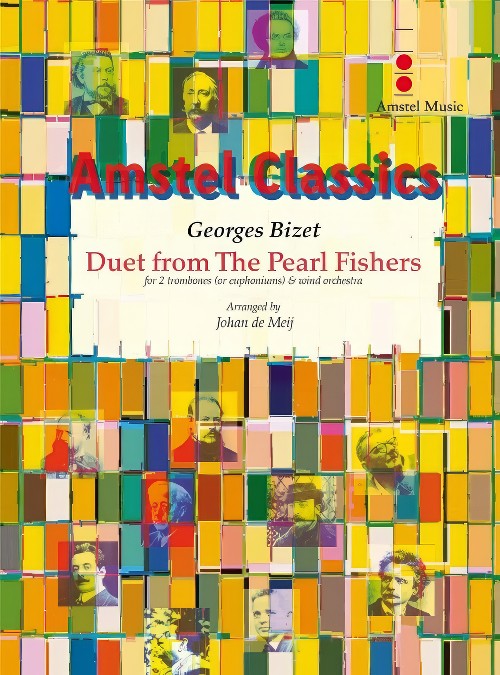 £77.50
£77.50Duet from The Pearl Fishers (Trombone or Euphonium Duet with Concert Band - Score and Parts) - Bizet, Georges - De Meij, Johan
Les Pecheurs de Perles (The Pearl Fishers) is an opera in three acts by French composer Georges Bizet, who particularly made his fame with his opera Carmen. The friendship duet Au fond du temple saint, generally known as The Pearl Fishers Duet, is one of the best known in the opera literature. This arrangement for two trombones was written for and dedicated to trombone legends Joseph Alessi and Jorgen van Rijen. It serves as a possible encore piece in combination with Two-Bone Concerto, which was also written for them. The duet can also be performed by two euphoniums, or as the original vocal duet for tenor and baritone voice. Duration: 4.30
Estimated dispatch 7-14 working days
-
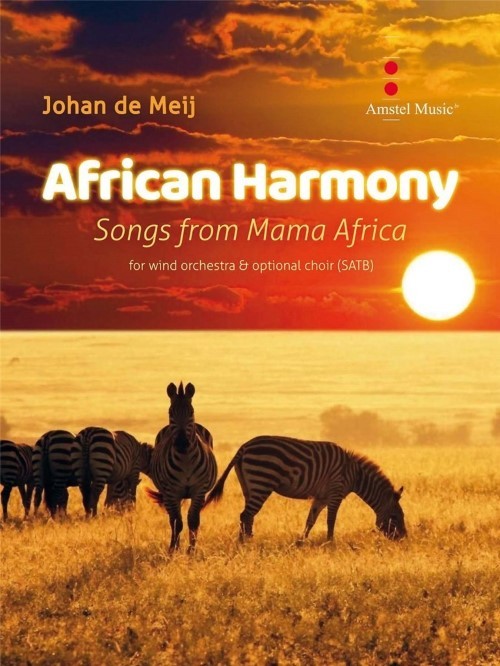 £1.95
£1.95African Harmony (SATB Choral Octavo) - De Meij, Johan
The Choral accompaniment to African Harmony, A delightful suite based on five enchanting African folk songs. Duration: 12.30
Estimated dispatch 7-14 working days
-
 £24.40
£24.40African Harmony (SATB Choral Octavo - Pack of 25) - De Meij, Johan
The Choral accompaniment to African Harmony, A delightful suite based on five enchanting African folk songs. Duration: 12.30
Estimated dispatch 7-14 working days
-
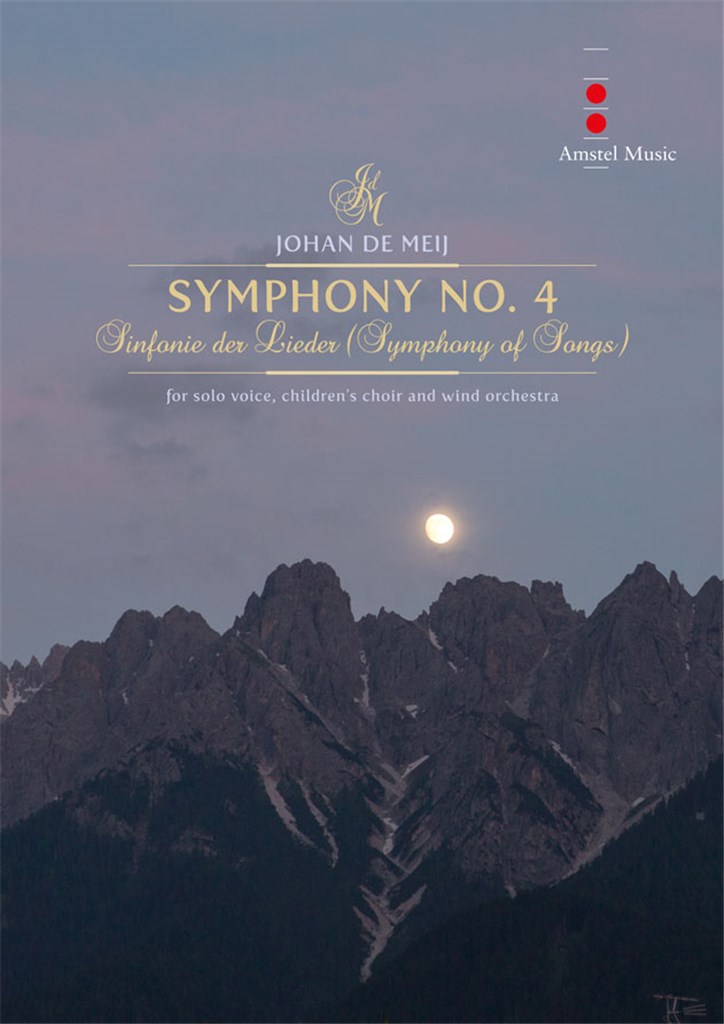 £1.95
£1.95Symphony No.4: Symphony of Songs (SATB Choral Octavo) - De Meij, Johan
Johan de Meij's 4th Symphony for solo voice, children's choir and wind orchestra is inspired by a variety of 19th century German poems.The first three movements use lyrics from the same source as Gustav Mahler did earlier: Kindertotenlieder by Friedrich Ruckert.:Ein Jahr ist nun geschwundenWenn zur Thur hereinWiedersehnThe second half of the symphony continues on the death theme, using a poem by Heinrich Heine (Two Brothers). The last two songs, Early Spring and Song of the Harlequin by Hugo von Hofmannsthal are a metaphor for rebirth, new life and hopeZwei Bruder (Heinrich Heine)Vorfruhling (Hugo von Hofmannsthal)Liedchen des Harlekin (Hugo von Hofmannsthal)Duration: 30:00
Estimated dispatch 7-14 working days
